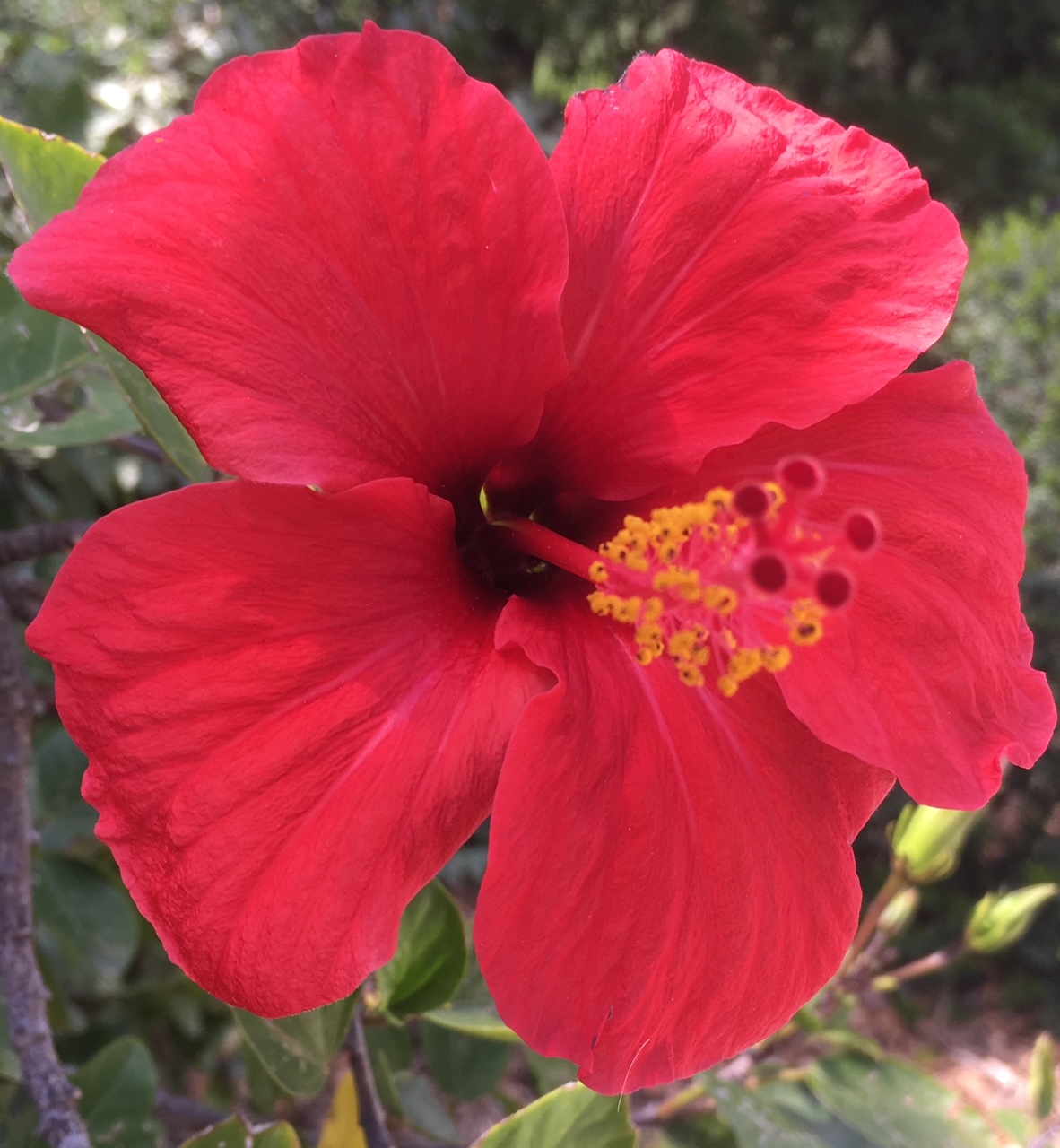 Ann Sheppard
Ann Sheppard
The Silence of Being Heard
by NAZANIN ESLAMI
I live in a place many people wish to visit: Shiraz, the birthplace of the Báb. Nabil once visited this holy place, but nowadays we are not able to make pilgrimage because the house has been destroyed. All we can do is walk around the site where the house used to stand. Still, we like to visit the holy place by means of a tour. We travel to the Báb’s house by bus, usually late at night because in Iran it is illegal to practice Bahá’í worship in public.
Following the route Nabil took, we start the tour outside Shiraz, passing through the Quran Gate to enter the city. Sometimes, a Bahá’í volunteers to be the tour guide. The tour guide explains to us the significance of the places we pass as we approach Shiraz. They say, someday, when the Báb’s house is reconstructed, there will be a road that connects the Quran gate to the house of the Báb. When I’m on the bus, images of what that road will look like always come into my mind. As I stare out the window at the emptiness of Shiraz at midnight, I imagine the road that will connect those two points — a wide road, with sour orange trees on either side, that slopes towards this holy place. I imagine there will be fountains that reflect the street lights at night.
When we arrive at our destination the driver stops the bus. Sometimes we chant a prayer together, if we feel like it is safe; otherwise, we take time to talk to the Báb in private. Most of the time, people shed tears. Some people can’t believe how close they have come to this holy place. A silence takes over the bus. It is not the silence of grief. It is the silence of being heard. As I pray I feel like I am talking to God and He is listening with sympathetic ears.
I come back from my conversation with God and open my eyes to look at the holy place. One would think that a holy place looks special, but Bahá’í holy places are not allowed in Iran, so there is no landscaping or any kind of adornment. Where the holy place should be, stands a dull, ordinary-looking building with a fenced-off front garden. The Báb’s house used to occupy the space from the fenced garden to the concrete side-walk. The guide says that someday the house will be rebuilt, then we can make a real pilgrimage. I have only seen pictures of the inside of the house, but, now, I begin imagine the house being built from the ground up, right in front of my eyes. I can even smell the leaves of the sour orange tree the Báb used to have in his courtyard.
There is a big difference between when I looked at the city of Shiraz from afar and now that I am sitting on a bus that has stopped in front of the most valuable treasure it has to offer — this holy place. At first, I felt tired because it was already midnight. Now, an emptiness within me has been filled with feelings of calm and clarity. After a few minutes, the driver starts the bus. All eyes are fixed on that dingy building that claims the holy lot. As the bus moves along, my gaze lingers on the place where the house once stood. I was there only a few minutes, yet I feel as if my pilgrimage to this holy house has filled my heart with an enormous blessing, and I hope this feeling never goes away.

